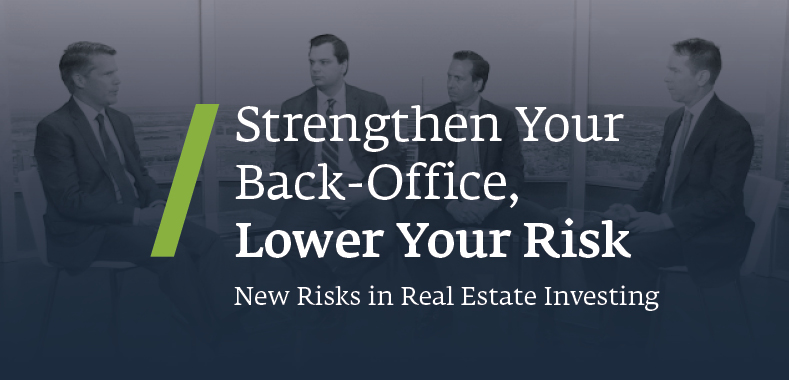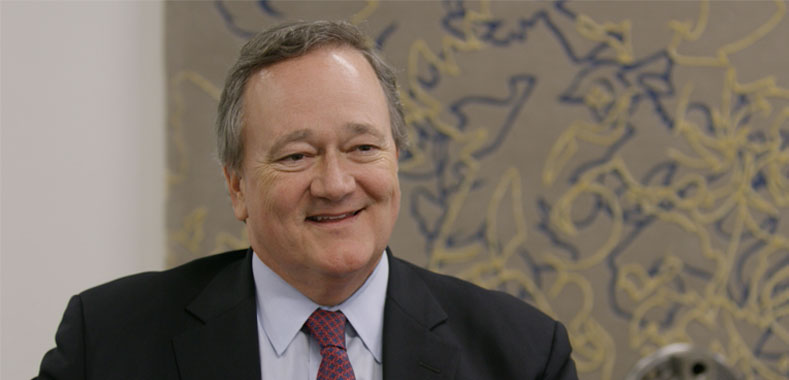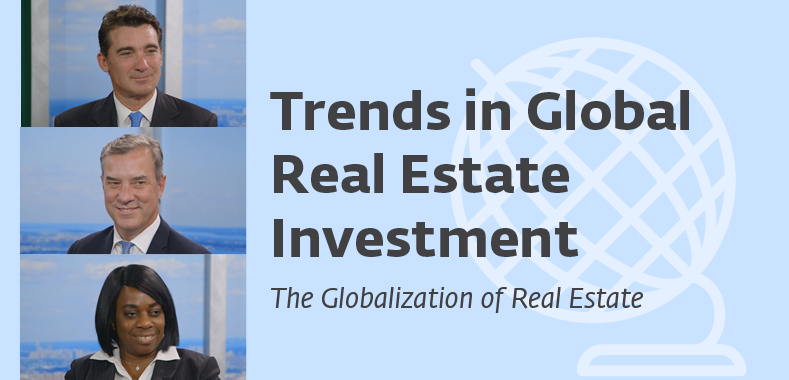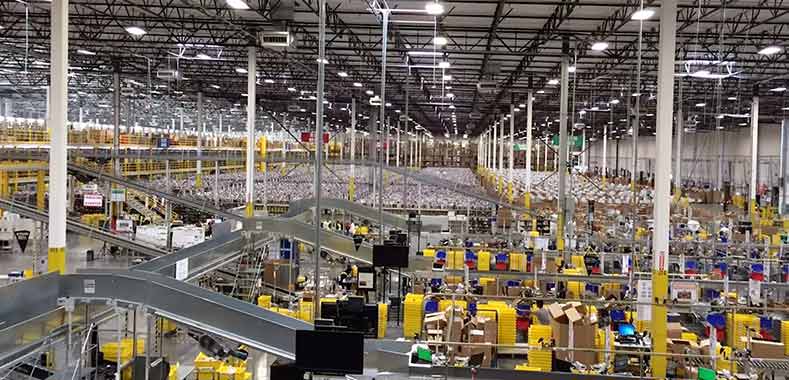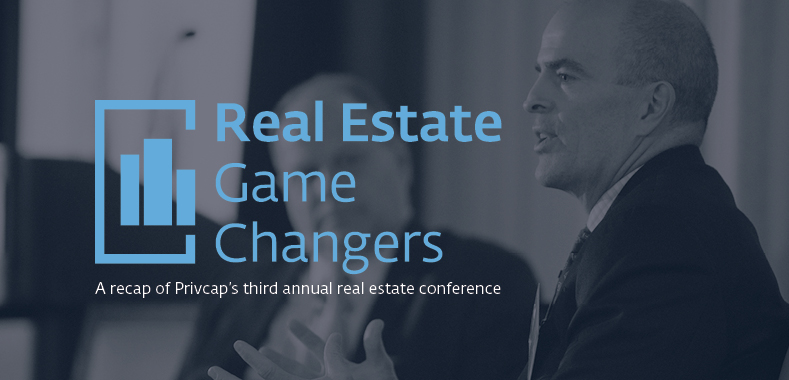Walton Street’s Neil Bluhm: Lessons Learned and What’s Ahead
Real estate legend Neil Bluhm discusses his start in real estate, what’s changed, and where the risks lie in 2018
Privcap: How did you get into real estate? How did this all begin?
Neil Bluhm: I was a young partner at Mayer Brown, but I always wanted to go into business. I left and joined my roommate from college, who had started JNB about three or six months before, and we started from scratch. We had three people and no business and, with some luck, things turned out okay.
Privcap: When you look back, what do you miss most about the early days?

Walton Street Capital
Bluhm: There wasn’t a lot of competition compared to today, there wasn’t a massive amount of institutional capital and, in some sense, it was easier to go do deals. Some of the greatest deals we ever did—especially for our own account—we accomplished in those earlier days. Whereas today, if you wanted to do many of the things we did, you’d be competing with massive institutions with unlimited money: pension funds, sovereign wealth funds, etc. Then, a lot of things were done just based on relationships and you weren’t involved in a big auction like you are today. We bought Century City from Alcoa Aluminum—it wasn’t an auction. We bought Urban Investment from Aetna. These are deals that we bought for our own account because we’re whole companies. It’s very hard to do that today, although if you work hard and know people, and you’re smart and you’re lucky, you can do fine.
Privcap: What are some of the things that worry you in real estate today?
Bluhm: We can start with retail, of course. Retail is getting hammered right now, certainly in the public markets; it’s a much tougher industry today. And it’s probably not hit the bottom yet, because there’s panic, really.
On the other hand, this is a business of location, location, location and of supply and demand, and none of that has changed. So, there are a lot of types of shopping centers that are going to be obsolete. On the other hand, if you have really good locations, good properties, they’ll do fine. The upper-scale shopping malls, the great ones, are still doing well, but they need to convert to more entertainment, more restaurants and things of that nature. That’s what we’re doing with our property at 900 North Michigan, here in Chicago.
Privcap: How much more do retail rents have to fall?
Bluhm: It’s hard to say. But if you have an obsolete kind of mall and there’s not enough demand, you’re going to have a lot of vacancies at some point. That property may close. So, ultimately, over time, there’ll be less supply. But street retail, for example, is enormously popular in New York, Chicago, etc. Prices in New York went sky high for street retail in the luxury area. I mean, really sky high. You saw your rents double. Now they’ve come down maybe 30%, but they’re still very high. But people were renting because they just wanted to be in those locations with a flagship store.
I’m not kidding you when I tell you that retail is generally much tougher today than it’s been because of the internet. Having said that, there are new stores that are actually doing well that are integrated into the internet. We have a store [in one of our properties] that specializes in men’s clothing. You come in there and they measure you up. After that, you do everything on the internet, and it’s doing very well.
Privcap: Investors are searching for yield because there are not that many opportunities outside of real estate. Are investors stretching themselves to do deals to put the money to work? What are you concerned about?
Bluhm: What I’ve tried to do over almost 50 years is [not to] forget what happened last time. Learn a lesson. In 1990, we had a massive real estate crash. I started in 1970, so during that 20-year period, real estate was doing great. When the recession hit in 1990, that was the savings-and-loan crisis and everything. It was brutal—much worse, by the way, than 2008—for commercial real estate.
When you got around to 2005, ’06, ’07, ’08, there really was not a lot of overbuilding in the commercial real estate business. The crisis in 2008 was caused by the single-family home mortgage crisis. So, the second thing you learned was [that] just because [commercial] real estate is in decent shape and it’s not oversupplied…you’ve got to pay attention to the other factors that could create a massive recession, because that’s going to hurt even if you didn’t have overbuilding.
But, through all of this, the one thing you definitely learned was that if you own really good real estate (a), and (b) it’s not overlevered, you get through these cycles and you end up making a lot of money, OK? And that’s certainly what we’ve learned when we’ve developed and owned really good real estate, which is part of our long-term holding for J&B or my family office.
Privcap: What are the specific risks today as it relates to cap rates?
Bluhm: I’ve lost a lot of money betting that interest rates were going up, over the last several years, and they haven’t. But, of course, at some point, that’s going to change. And it appears like we will slowly start raising interest rates, so maybe in a few years, cap rates could go up a little. But I would say this to you: cap rates are supply and demand of capital looking to invest in real estate, and there’s massive amounts of liquidity in the world today, and massive amounts of capital that wants to buy real estate.
I don’t see a massive correction in cap rates in the near term. On the other hand, everybody’s nervous.


